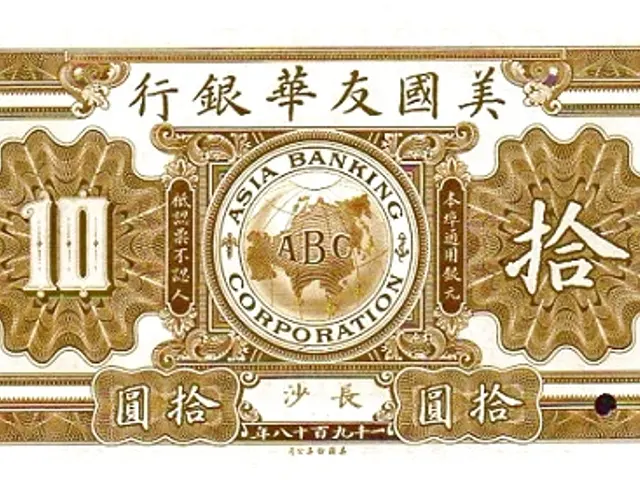SAP's Workforce Realignment: From "Performers" to "Improvers"
The DAX-listed software giant SAP has unveiled a bold move to reevaluate its personnel policy, sparking controversy among its workforce. The company plans to categorize employees into "performers," "achievers," or "improvers," a move that could drastically impact bonuses and coaching sessions.
SAP's proposed classification aligns with its "Winning Culture System," which segregates employees based on their performance levels. High achievers, or "performers," will benefit from special consideration for bonus payments. The "achievers" group meets employment expectations and is likely to make up the majority of the workforce. Lastly, the "improvers" category will receive mandatory coaching. A "Performance Improvement Plan" will provide detailed guidelines for these employees on areas for improvement.
Critics claim that this new performance-based system may serve as a disguised method to reduce staff numbers, following a rumored desire for greater staff rotation within Germany by the company's CEO, Christian Klein. SAP employees and union representatives voice concerns that this could lead to increased work pressure and negatively impact the working environment.
Some have likened SAP's proposed classification system to the infamous 1980's USA "stack ranking" method, popularized by General Electric's Jack Welch. This controversial method assumes a company improves by eliminating its lowest-performing employees every year. Sources suggest that only around 3-5% of SAP's workforce could fall under the "improver" category, as per the new classification system.
The mandatory attendance of three office days a week has also stirred up discontent. Until now, employees have operated under individual agreements with their superiors. The new system is seen as problematic among non-unionized members of SAP's works council, contradicting the previous development-oriented evaluation culture at SAP and potentially hindering the relationship of trust between management and employees.
It remains uncertain whether the new personnel evaluation system will be implemented, as negotiation with employee representatives is still underway. SAP representatives promise to focus on continuous skill expansion, constructive feedback, and clear targets to improve performance. SAP's dedication to employee development, evident through its consistent ranking as one of Germany's top employers, will be vital in handling this transition.
While the details of SAP's proposed personnel policy may be controversial, similar classification systems could have potential advantages. For instance, this method could directly tie bonuses to performance levels, with distinct rewards for "performers" and "achievers." Coaching sessions could be laser-focused on individual areas for improvement, boosting employee growth and contributing to a more talented workforce.
However, care must be taken to ensure that this system does not inadvertently foster a cut-throat culture. Employees should be fostered and development opportunities provided in a way that incentivizes and rewards collaborative growth, while preventing the erosion of trust within the workforce.
In summary, SAP's proposed personnel policy has sparked controversy and raised concerns about increased work pressure, a competitive environment, and employee retention. As negotiations continue, it is crucial for SAP to maintain its commitment to employee growth, development, and overall satisfaction while implementing its proposed system.








